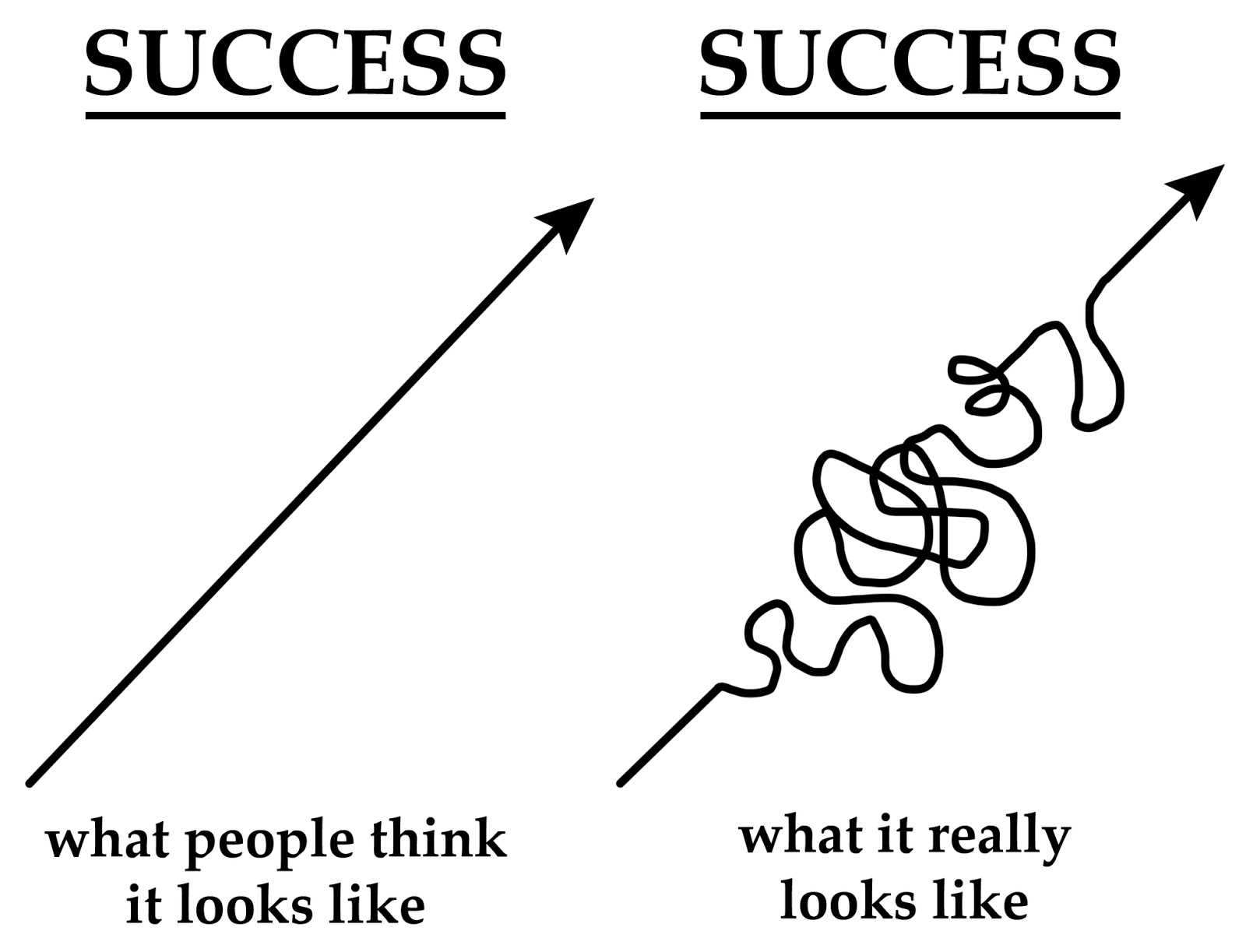It’s one of the most common issues raised by my coaching counterparts – our very human need to attain perfection.
Excellence rather than perfection
So, it was with interest that I read this excerpt from a speech given by the Academic Captain at my daughter’s school:
“First, let’s make an obvious distinction between perfection and excellence. Aspiring for excellence is a form of inner motivation in all aspects of your life. Perfection, if I’m totally honest is boring. To me, being perfect is impossible and even if it were possible, it would be a stagnant and uninspiring existence with little imagination. We all love the idea of being perfect, of having everyone around us look in awe at what we’ve done and what we have achieved, but in reality, there is no honour in being perfect, there is no real success in having no failure. People who strive for excellence, they’re the truly triumphant people. They embrace their failures and use them to improve themselves, turning their experiences into wisdom they can use for the future. So, why excellence? Because it is limitless and progressive, it leaves you reaching for greater things for yourself.
Excellence isn’t about marks, it’s about learning. What’s the point in getting 90s and 100s in all your assignments if you take nothing away from it, if you see no value in what you’re learning? I’m not devaluing the excitement of getting good grades, but truly excelling is being empowered through learning new things about our world. If you come home from school and you’re mesmerised by just one thing you learnt, no matter how trivial, that is progress towards excellence”
What’s wrong with perfection?
Powerful words indeed. Even more so, when you consider the young age of the author.
These words got me thinking. We have this view that perfectionism should be something to strive towards. Something that is considered a positive attribute. Something we apologise for; in the same way that we might apologise for being too tidy or too organised. Sorry – not sorry!
Failure
I love that the author’s definition of excellence encompasses failure. That excellence occurs because of failure, rather than in spite of it. Rather than the safer version of perfection which is devoid of bumps in the road.
Every single successful person I have ever spoken to cites learning more from failure than from easy success. But perfection, by its very nature doesn’t allow for those bumps or squiggles.
The Journey

It also doesn’t much allow for the joy of the journey and the learning that goes with it.
It goes straight to the end point, which as research tells us, is actually not the point!
Key takeaways
So, where does this leave us?
- Why our need for perfection?
- Are we scared of failing?
- Does the journey seem too daunting?
- Are we heading straight for the end, rather than valuing the journey.
- That perfection is by its very nature – finite. Whereas excellence and the pursuit thereof, is limitless.
- Excellence embraces failure as success in itself.
Want more?
As always, if you’d like to get in touch – you can click here.
If you’d like to read any of the 250+ blog posts on this site, you can click here.
If you’d like to buy one of my books, you can click here.
And if you’d like to sign up to permission to dream programme, you can click here.


